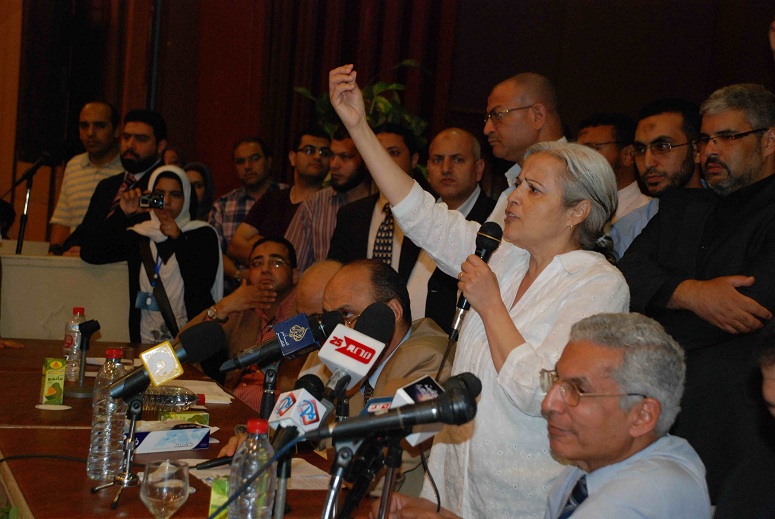Sudan’s Ministry of Foreign Affairs announced, on Wednesday, that an Ethiopian military plane had encroached on its airspace, and warned its southerly neighbour of “serious consequences” following the incident.
The Sudanese Foreign Ministry described the incident as a dangerous and unjustified escalation which could have serious consequences and cause more tension in the border areas.
It also condemned this escalation from the Ethiopian side, and demanded that such hostilities not be repeated in the future. It highlighted their dangerous repercussions on the future of bilateral relations between the two countries, and on security and stability in the Horn of Africa.
During a press conference on Wednesday, the Sudan Border Commission said that Ethiopia wants to force Khartoum to accept the status quo, and has not adhered to the 1972 boundary agreement.
The Commission confirmed that Ethiopia’s ambitions reached the point of establishing infrastructure projects in the Fashaqa area. The latter has also established settlements inside Sudanese territory, adding that Ethiopian encroachments on the lands of Sudan began in 1957.
It also indicated that the demarcation of the border with Ethiopia is old and goes back to the days of the British Mandate.
Also on Wednesday, Fayez Al-Selik, media adviser to Sudanese Prime Minister Abdallah Hamdouk, said that the borders with Ethiopia are well-known and lack nothing but signs.
He added that the Sudanese army is located inside the country’s territory and does not intend to launch any wars. He also said that the Sudanese decision on preserving sovereignty and solving problems through dialogue is clear.
Ethiopian forces and militias continued their assault on the Sudanese border areas, which saw five women and a child killed in an attack launched by Ethiopian militias on the state of Al-Qadarif in eastern Sudan last Monday.
Al-Qadarif hosts tens of thousands of Ethiopian refugees who fled the conflict in their country’s northern Tigray region, after the military operation launched by the Ethiopian army against the Tigray People’s Liberation Army (TPLF). The operation killed hundreds on both sides, and caused a major crisis in the region, which lies adjacent to Al-Qadarif.
In a statement on Tuesday, the Sudanese Ministry of Foreign Affairs said, “We condemn in the strongest terms the aggression of the Ethiopian militia against the Quraysha locality in the eastern region, and call on the international community to condemn the aggression of the Ethiopian militias.”
During a press conference on Tuesday, Dina Mufti, Spokesperson for Ethiopia’s Ministry of Foreign Affairs, said, “We are monitoring the movements of the Sudanese army inside the Ethiopian depth.”
He added that “Sudan exploited a security vacuum on the borders because of the war that the Ethiopian army fought in the Tigray region and exceeded the country’s borders,” according to the Ethiopian Broadcasting Corporation.
Mufti also said, “Ethiopia sought not to exaggerate the issue of the borders with Sudan and make it a regional issue, because the crisis can be resolved through dialogue. We knew very well that behind these events is a third party (he did not name it), and our silence should not be considered a fear on the part of Ethiopia.”



